

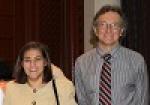
Theme
8AA Communication skills
INSTITUTION
Sultan Qaboos University - Medical Education & Informatics Unit - Muscat - Oman
|
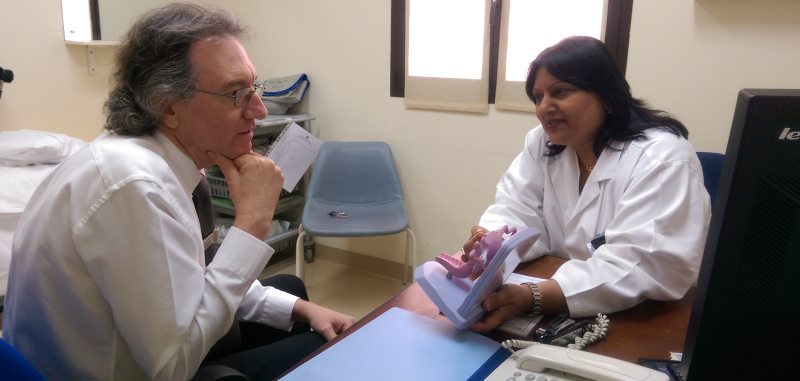 |
Setting
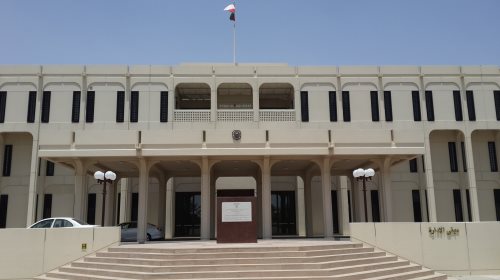 |
|
General
Of the 114 registered students, 76 (46 (60.5%) female) attended the workshops, and all students (100% response rate) completed the evaluation.
Quantitative Data
Of these:
- 71 (93.4%) answered “Agree” or “Strongly Agree” on finding the workshop valuable (Mean: 4.3/5);
- 70 (92.1%) on learning new counseling skills (Mean: 4.4/5),
- 73 (96.1%) on the belief that they would use the counseling skills with their patients (Mean: 4.5/5).
There were no statistically significant differences between male and female responses.
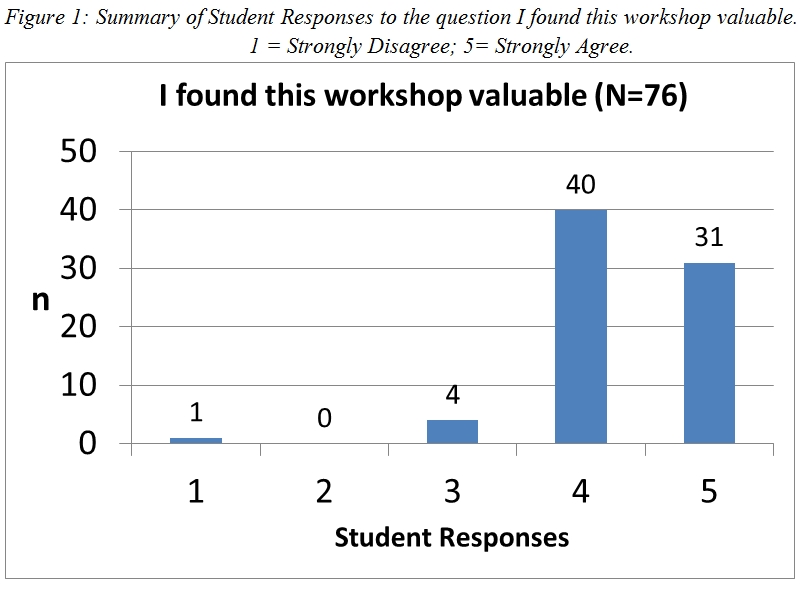 |
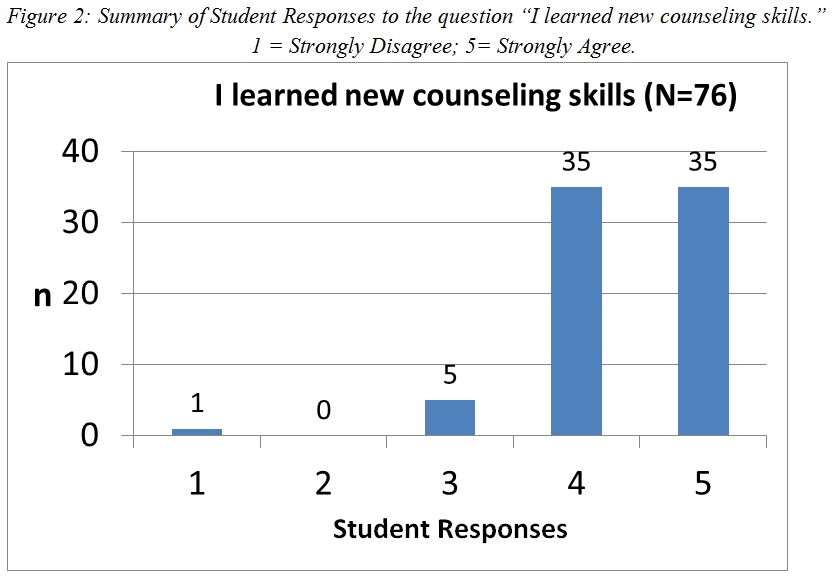 |
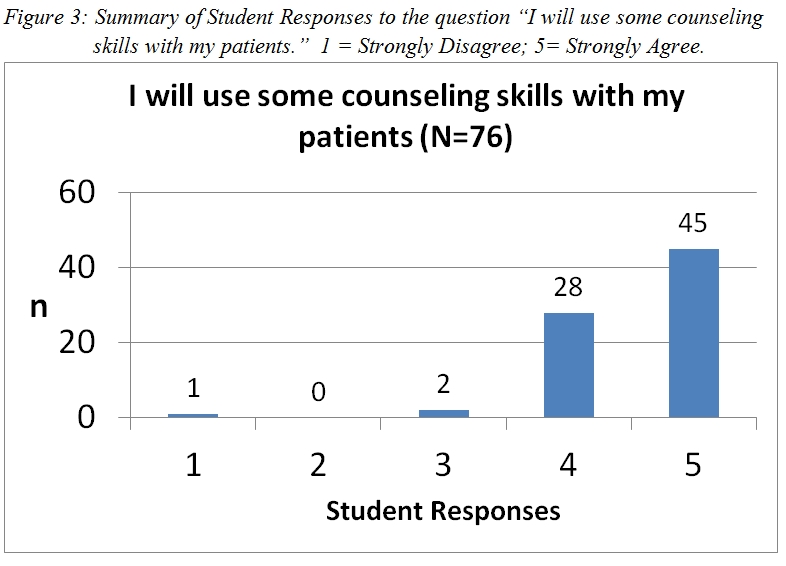 |
Qualitative Data
The qualitative data were themed into broad themes. As expected from the quantitative results, the comments are almost exclusively positive, with some students showing great insight into the broader role of counselling. The most commonly-occurring themes were (data given below are unedited):
Theme 1: Students wanted extra workshops
- Very useful workshop we hope to have more than one workshop.
- More hours should be assigned for this course, because it's v.important for future work.
Theme 2: Students recognized the need for understanding a lot more about counselling
- the workshop was good, but we need to spend more time to learn the basic of caunseling and to practice more.
- More detailed in the way of speaking and acting in counseling
Theme 3: Overall, students were pleased with the exercise
- Love the workshop. I will try to use all what I learned from the session. Learned how to counsel is important, for me as a future Doctor. Not only with my patients, but also with anyone in need
- very useful workshop, it is the first time I interset in counselling and ethics lecture…..
Theme 4: Students liked the role-play
- Thanks a lot…Iloved the ideaof learning how to counsel by using " the role play" method… :) Best of luck
Theme 5: Students wanted contact with real patients
- Next time I hope that we can try counseling real people with real problems
Theme 6: Students saw the larger picture of the need for Communication Skills to be taught
- Communication skills are a must to be a good doctor. For Oma[n] "lovely country" we must be perfect. That’s from my deep heart.
(To see all themes and comments, click on the more detail button)
Methods
|
(Arabic with English Sub-titles) |
|
| Click on the image above to play a video of a student interaction in the workshop. |
Discussion
|
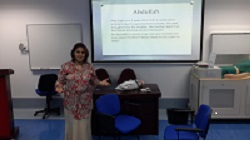 |
- Wider perspective:
- Early and recent literature indicates the importance of counselling skills the clinical settings.
- As members of the global community, the students at the College of Medicine and Health Sciences recognise the importance of having a command of such competencies on a professional level for more effective results.
- The Future:
- Directly link theoretical models (e.g. BATHE & DIG) to practical application in a clinical setting.
- Limitations:
- The study needs to be repeated in order to check the rigour of the data.
- There is a need to asses the extent to which these skills will be practiced.
- A future study, and, if possible, when they are practising professionals will shed more light; for now, even this small intervention appears successful.
Conclusion
- Educating health care practioners on counselling skills in a clinical settings has been a growing concern globally, and has been discussed in early and recent literature.
- Although the component is two hours of exposure to counselling only, even this limited exposure has had a positive impact.
- The students appreciated the counselling component.
- This pilot study is a good indicator of the willingness of the young doctors to learn these skills which could make them effective doctors of the future.
Pre-clerkship medical students can be exposed to basic priniciples of counselling. The students appreciate it, and initial results indicate that this will have a positive impact on their medical practice.
- Mr. El Sayyed Taha
- The 76 students who participated in the study
- Dr.Sreedharan V. Koliyadan and Dr. Ikram Bruny coordinators of the program
- Dr. Lovina Machado
- Dr. Athari Al Obaidani
- Dr. Pradeep Chopra
- Ms. Somaiya Al Shuriqi
- SQU for sponsoring my trip to AMEE2015
- Cox, M., Yancy Jr., W., Coffman, C., Ostbye, T., Tulsky, J., Alexander, S., . . . Pollak, K. (2011). Effect of Counselling Techniques on Patients' Weight- Related Attitudes and Behaviors in Primary Care Clinic. Patient Education and Counseling, 85, 363-368. [PubMed]
- Kahn GS, Cohen B, Jason H. (1979) The Teaching of Interpersonal Skills in US Medical Schools. Journal of Medical Education, 54(1):29–35. [PubMed]
- Masters K, Ng’ambi D, Todd G. (2010) “I Found it on the Internet” Preparing for the e-patient in Oman; SQUMJ 10 (2): 169-179. [PubMed]
- Poon, Vincent H.J. (1997) "Short Counseling Techniques for Busy Family Doctors." Canadian Family Physicians 43: 705-13. [PubMed]
- Stillman, P., Regan, M., Swanson, D., Case, S., McChan, J., Feinblatt, J., . . . Nelson, D. (1990). An Assessment of the Clinical Skills of Fourth- Year Students at Four New England Medical Schools. Academic Medicine, 65(5): 320-326. [PubMed]
| Buthaina Baqir | Ken Masters |
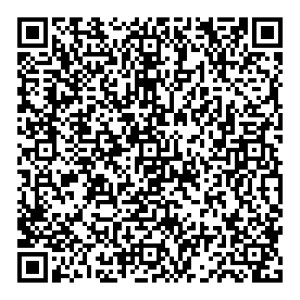 |
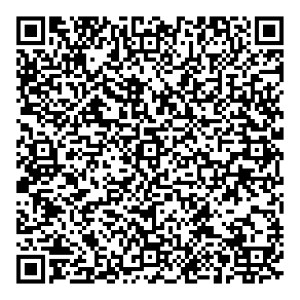 |
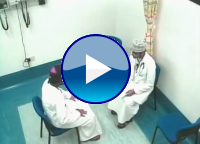
 Send Email
Send Email